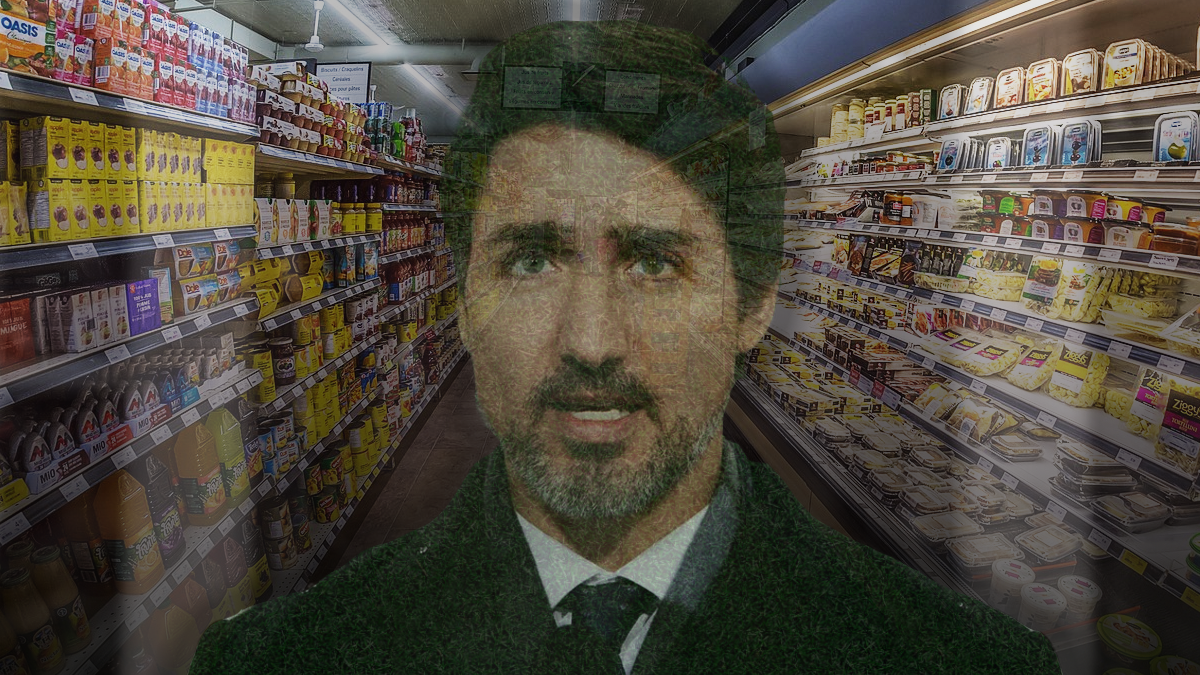As Canadian farmers continue to struggle during the coronavirus pandemic, industry leaders warn that Canada may permanently lose food security.
Chair of the Grain Farmers of Ontario Markus Haerle says that without support from the federal government, many farmers will not survive the downturn in grain markets caused by the coronavirus.
“We are at a real breaking point. The federal government continues to ask farmers to bear all of the risk associated with securing Canada’s food system and takes no action to partner with us in this risk,” he said.
“Our farmer-members will lose money on every acre of corn, with no way to regain those losses, while our U.S. counterparts will be able to survive these losses thanks to support from their government.”
Haerle fears that if Canadian farmers do not survive the pandemic, Canadians will have no choice but to depend on other countries to supply their food.
Without Canadian farmers, consumers will be more dependent on the United States and China.
Haerle’s concerns have been echoed by academics. Dr. Sylvain Charlebois of Dalhousie University recently warned that up to 15% of all Canadian farms may not survive in 2020.
Despite unprecedented government spending to prop-up many industries, very little assistance has been given to farmers.
In an interview with True North, Haerle said that farmers are not looking for a handout. Grain Farmers of Ontario’s recent campaign asks the government to alter existing programs to assist farmers hit by the pandemic.
In a recent report, the University of Calgary’s Dr. Kerri Holland warned that failure to assist farmers may lead to a failure of Canada’s entire food supply chain.
“As the foundation of the food supply chain, Canadian farmers are key to its stability. As many farms were experiencing severe economic hardship prior to the pandemic, the challenges of market uncertainty and increased production costs put these operations at greater financial risk,” she wrote.
“Canada is still in the early stages of crisis management but government support of Canadian agriculture has so far been largely inadequate in alleviating the financial impact on farmers.”
Dr. Holland notes that as Canada’s supply chain is so concentrated, it would not take much to cause serious food shortages.
Canada risked a meat shortage in April when Cargill, which processes one-third of Canada’s beef supply, shut down due to coronavirus.
